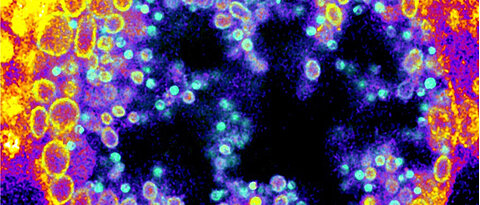
Researchers from Würzburg and Berlin present a new molecule for visualising the sphingomyelin metabolism. This offers prospects for innovative therapeutic approaches in infection research.
more
Researchers from Würzburg and Berlin present a new molecule for visualising the sphingomyelin metabolism. This offers prospects for innovative therapeutic approaches in infection research.
more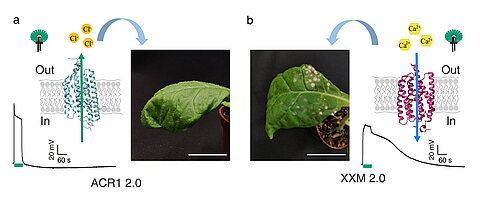
Using newly generated “optogenetic” tobacco plants, research teams from the University of Würzburg's Departments of Plant Physiology and Neurophysiology have investigated how plants process external signals.
more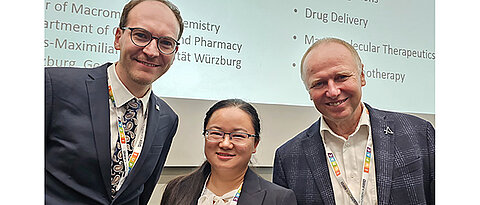
Chemistry professor Lutz Nuhn has received an award for outstanding young researchers for his work on nanoparticles that transport medical agents through the body in a targeted manner.
more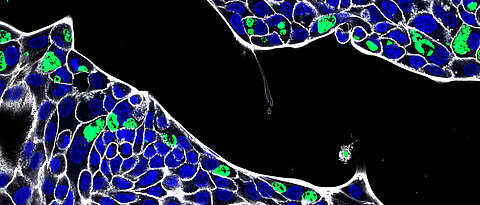
Chlamydiae are sexually transmitted pathogens that can apparently survive in the human gut for a long time. Researchers from Würzburg and Berlin report this in the journal PLOS Pathogens.
more
Superconductivity theory proposed by Würzburg physics team validated in international experiment: Cooper pairs display wave-like distribution in Kagome metals, enabling new technological applications like superconducting diodes.
more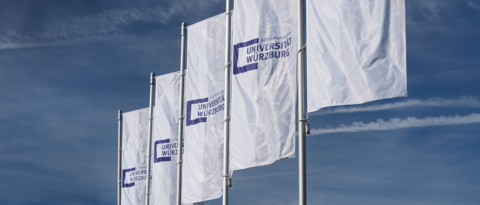
The competition for the multi-million euro federal and state funding programme is entering its final phase. JMU has submitted two proposals and the results of the evaluation will be available in May 2025.
more
The new Shanghai Ranking has been published: It ranks Julius-Maximilians-Universität Würzburg among the three best universities in Bavaria, the twelve best in Germany, and among the 300 best worldwide.
more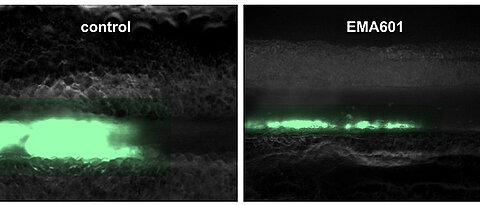
A new highly effective thrombosis inhibitor is in sight: Würzburg scientists present promising inhibitor EMA601 for efficient prevention and treatment of arterial thrombosis and inflammatory reactions without increased bleeding risk.
more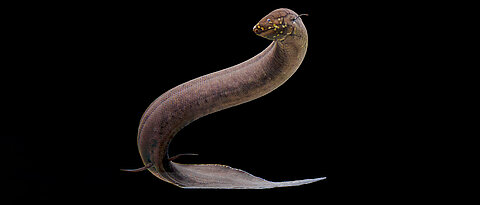
An international research team has sequenced the largest genomes of all animals – those of lungfish. The data will help to find out how the ancestors of land vertebrates managed to conquer the mainland.
more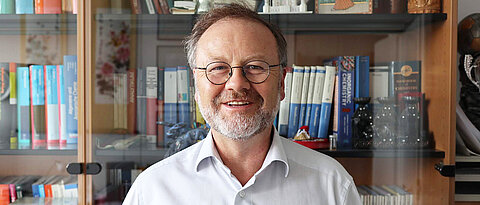
Producing fertilisers and other nitrogen compounds more sustainably: Würzburg chemistry professor Holger Braunschweig has laid the foundations for this goal. He has now been awarded the prestigious Eni Prize for his achievements.
more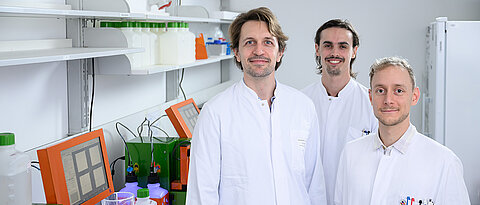
Dr. Karl Petri is establishing a research group at the University Hospital Würzburg to develop and enhance novel CRISPR 2.0 tools for generating and improving cancer-targeted CAR-T cell products.
more
Neural networks are easily disrupted by adversarial attacks. Scientists at the University of Würzburg and the Technical University of Munich are now developing new methods to make these systems more robust.
more
As Managing Director of the Research and Application Centre for Digital Future Technologies in Lichtenfels, JMU alumnus Johannes Zeck has to deal with very different organisations and people.
more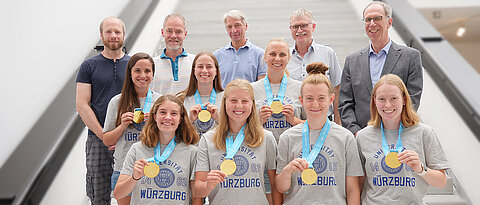
The student women's football team from Würzburg won the championship title at the European University Games, while the men finished runners-up. The University Board congratulated the teams.
more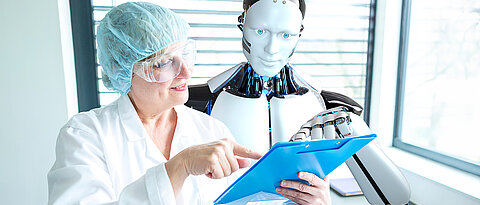
People trust medical advice less if they suspect that an artificial intelligence is involved in its creation. This is the key finding of a study by psychologists from the University of Würzburg.
more